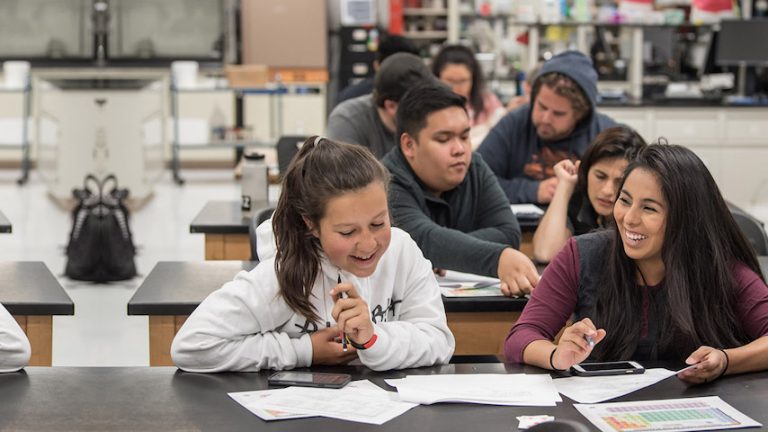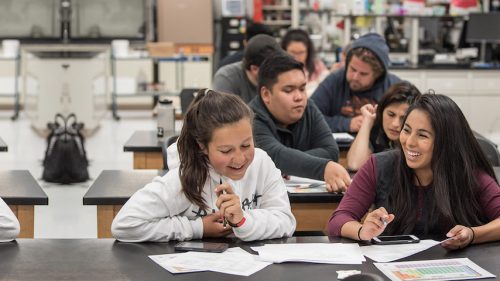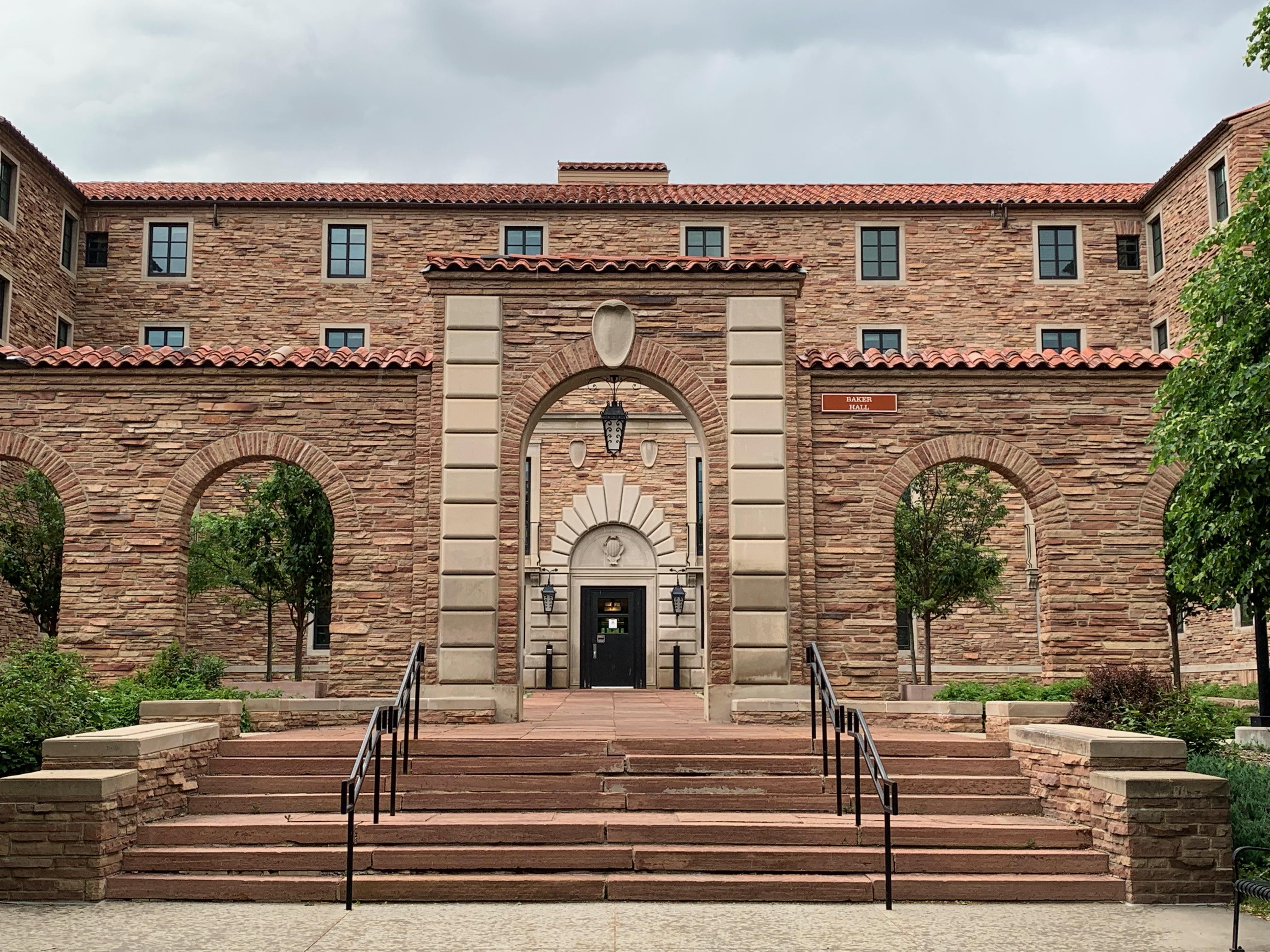What Does It Take to Get Into an Ivy?
Last Updated on November 25, 2025 by Jill Schwitzgebel
(And Other Super Selective Schools)
Know that the information I’ll talk about in this article does not only apply to Ivy league colleges. It will be true for any college that accepts only a small percentage of applicants, Ivy or not. But, since the question in the title is, “What does it take to get into an Ivy?” I want to be clear about what schools make up the Ivy league:
- Brown University
- Columbia University
- Cornell University
- Dartmouth College
- Harvard University
- University of Pennsylvania
- Princeton University
- Yale University
That’s it. That’s the complete list. However, there is often a misconception that if a school is a super selective one, like Amherst, University of Chicago or Stanford, then it’s considered to be an Ivy. But, that is not the case. The colleges that actually make up the Ivy league were all founded before the American Revolution, although the Ivy league label did not originate until 1945. That’s when the eight schools above joined together to form an athletic league.
Before I continue, I want to say upfront that I believe that are hundreds and hundreds of terrific colleges out there where students can get an outstanding education. I don’t believe that selectivity alone determines whether or not a college is worth attending. But, for those students where attending a highly selective college is their goal, below is what you need to know.
The Magic Formula

For those of you that have followed me for a while, you probably know this by now – there is no magic formula. I recently told a friend that helping a student apply to a super selective school was actually more art than science.
This is supported in the recently published book Who Gets In and Why, by Jeff Selingo. He went behind the scenes at three colleges as they made admissions decisions, and learned how many minute factors can make a difference in admissions. Students don’t realize all that gets considered.
Despite that, there are things that students can do to make it more likely that their application will receive strong consideration. Know that the students that are most likely to be accepted to an Ivy or other elite school usually begin thinking about it and preparing for it in their first year of high school:
Take a Rigorous Curriculum
Unfortunately, this doesn’t mean to just take personally challenging classes – this means students should take the most rigorous courses in English, Math, Science, History, and Foreign Language that the student’s high school offers (that the student can fit into their schedule ), each year of high school. It means a minimum of three years of a foreign language, but preferably four.
Students can choose electives that allow them to pursue their areas of interest. That could be chorus or art or political science. But, it also would not hurt if the student chose to take an additional science or other rigorous course as an elective, if they can handle it. Remember that colleges will view high school profiles to see how students fit in to the academic picture of their high school. That allows them to see how the applicant’s coursework compared to others at the school, and how well they took advantage of what the school offered.
Get Good Grades and Test Scores
By “good” grades, I mean mostly As in those rigorous classes. Less strong grades during freshman year can be forgiven (and in some cases, freshman grades will even be omitted as colleges recalculate GPAs) , if a student showed improvement from that point.
“Good” test scores are a bit more subjective. While the huge majority of colleges in the US remain test optional, most Ivies (Columbia was a holdout as of October 2025) again require students to submit test scores. My experience is that students should aim for a 34 on the ACT or a 1450 on the SAT, at a minimum. Some individual circumstances do make it more likely that students with lower scores may get accepted. (See below) Recent ACT ranges for Ivy schools can be found here.
Presuming that students have taken Advanced Placement classes, they should aim for 4s and 5s on those tests. That’s not to say that a student that received a random “3” won’t get accepted, but it may be unlikely with multiple 3s. Think twice about reporting scores under a 4 or a 5 when applying to an Ivy, though It may be required.
Demonstrate Passion
A surprisingly large number of students will be able to achieve the steps above, but this is the area where students can truly differentiate themselves. This is about more than participating in a smorgasbord of various high school extracurriculars. This is about a student showing depth in one particular area that they love and demonstrating what it has meant to them. Usually, it will mean that the student was already immersed in that activity during their freshman year of high school, or earlier, and then deepened their involvement as time went on.

It can be in any area, but the key is that it should stand out as compared to what other students have accomplished. For instance, many students will have volunteered in the community, but not all of them will have spent hundreds of hours over four years working with the senior citizen center in town, designing and implementing a cooperative program between the center and the local elementary school. Many students will have been involved in the school theater club, but not all of them will have not only performed in their own school productions, they will have also sought out opportunity to work behind the scenes in productions outside of school and volunteered their time with a children’s theater over the summer.
And, yes, it is true that being involved in a somewhat obscure sport can enhance chances of acceptance, if it’s obvious that the student is talented and has shown commitment to it. And certainly, an academically talented student that excels in any sport will also increase their odds of being accepted at an Ivy or similar school.
Write an Amazing Essay
All of the above parts of the application are fairly objective. This is the part of the application that is not. That makes the essay an opportunity to stand out. While the essay may not be as important at colleges where students will stand out based just on the objective parts of their application, it could be a deciding factor at an Ivy where applicants are objectively similar in other ways.
I’ve written previously about what goes in to a great college essay, but the essay for a super selective college needs to be exceptional. Students need to find a creative point of view and effectively convey who they are that way. Ultimately, they need to write an essay memorable and entertaining enough that it would make the college admissions officer feel that they are a student worth fighting for in an admissions committee. It doesn’t have to be complicated – simplicity of writing can be quite effective.
Apply Early
Year after year, the early acceptance rate at Ivy league schools remains higher than the regular acceptance rate. That is partially because recruited athletes must apply early, as must legacy applicants, who are both more likely to be accepted. But still, overall acceptance is higher. And, even if a student does not get in early, there is a chance that they could be deferred until the regular decision date and receive a second consideration.
My Final Thoughts
I always tell my students that having all of the above in place really just means that they now have a ticket to play the lottery. Unfortunately, it does not guarantee that they will win the lottery. As hard as it is to believe, there are tens of thousands of students that have earned the tickets to play. When a college has a 5% acceptance rate, it’s not like it’s the top 5% of a random high school senior class – it’s 5% of highly qualified applicants, who all likely have some combination of amazing GPAs and/or test scores and/or extracurriculars. Only a tiny fraction of those students will receive a likely letter in the spring.
There are so many factors that go into how a college chooses to build a class of students, and much of it will be out of students’ control. Just like the lottery, the more tickets (applications) someone submits, the more likely it is that they might win. But, I ask my students to consider whether they want to spend what it will take to purchase that lottery ticket first. Most families underestimate just how competitive admission really is.
And finally, this is my plea to maintain perspective as your family goes through the application process. A prestigious college acceptance doesn’t automatically translate to success in life.












